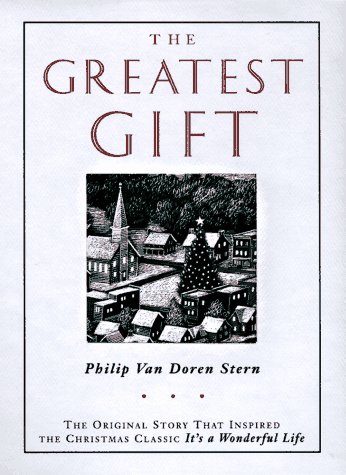The Treasure of the Sierra Madre (1927) – B. Traven
An enigmatic author, a rambling, dark tale of greed and prospecting, a . . . well, somewhat of a letdown. This book actually suffers by comparison with the excellent film adaptation. This book drags a bit with subplots and historical asides which the film jettisons and the film has a clearer, meaner arc to it. The book is of some interest, but mainly as a companion piece. I wouldn't recommend going out of your way and, if you're going to read it, you're going to have to, as it’s not the easiest thing to find.
The Sentinel (1983) – Arthur C. Clarke
Collection of short stories by Clarke. Interesting, mainly because they prefigure some of his greatest works. There's a story here that parallels the first third of Childhood's End, one that's a dry run for the monolith sections of 2001, etc. But I wouldn't go out of your way. Just read the novels.
The African Queen (1935) – C.S. Forester
I feel like I’m about the only person in the whole world who thinks the 1951 film adaptation is overrated. I find both Hepburn and Bogart pretty schticky in the movie and while the film has some funny moments, it also has longeurs and isn’t nearly as emotionally resonant as it seems to think it is. I tried reading the novel to see if this would correct a deficit in my understanding of the film. Nope; now I just think the movie and the novel are overrated. Forester’s Hornblower series is good, but, like the film, this novel just takes too long to get to its point and draws its characters in strokes ridiculously broad.
The Bridge Over the River Kwai (1954) – Pierre Boulle, Xan Fielding
It’s rare that one sees this happen, but this novel is so astoundingly inferior to Lean’s film adaptation that it’s shocking. This novel contains the most basic plot outlines of the film, but, for instance, the William Holden character and the symbolic presence of the American perspective, are not in the novel. Both Saito and Nicholson are more complex characters in the film. And, in a move that is jaw droppingly idiotic, Boulle doesn’t even show us the climax in which the bridge is destroyed, but instead simply clinically tells us about it after it’s already happened. It’s a rare thing for a film to be simultaneously more visceral and more psychologically and philosophically complex than the book that inspired it. But that’s what happened here. Skip the novel; watch the movie again.
The Greatest Gift (1943) – Philip Van Doren Stern
A short story of barely over 4,000 words, but the story it tells is of a man who gets a glimpse of what life would be without him. It inspired It’s a Wonderful Life, but the film expands the story a tremendous amount. Here, the near suicide on the bridge and its aftermath is almost entirely contextless and the story isn’t interested in a lot of the larger points Capra is interested in making. It’s a well written little story without a lot of pretensions. Unlike the film, this one contains a fairly surprising twist at the end which puts the story more in Twilight Zone territory than Capra’s film is. A quick read and an interesting comparison to the film.

